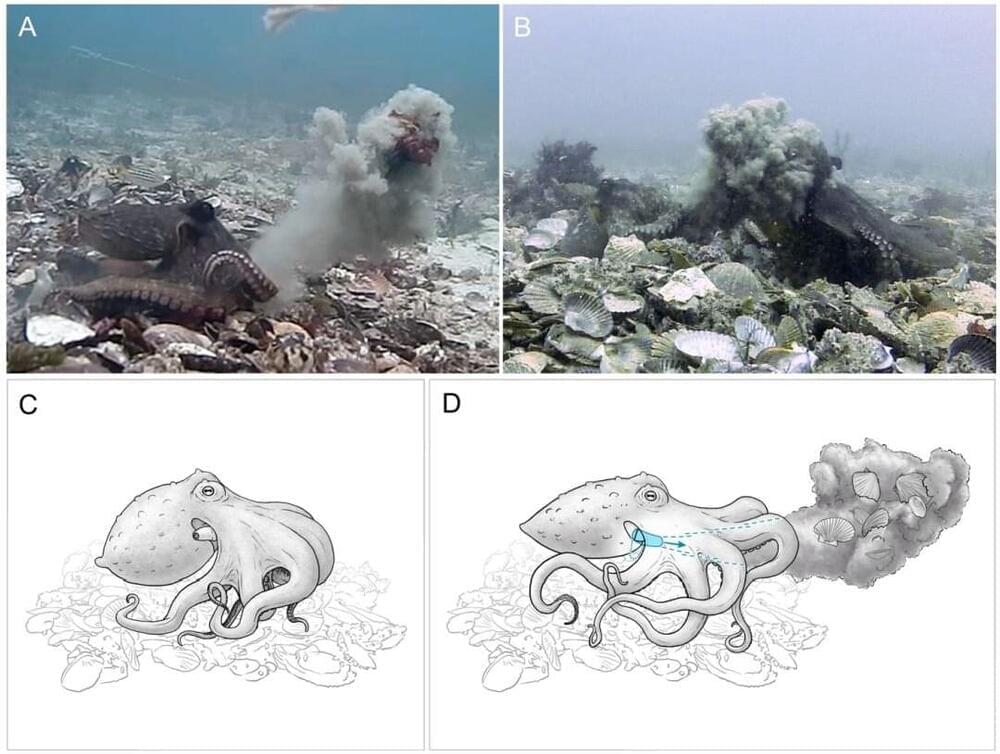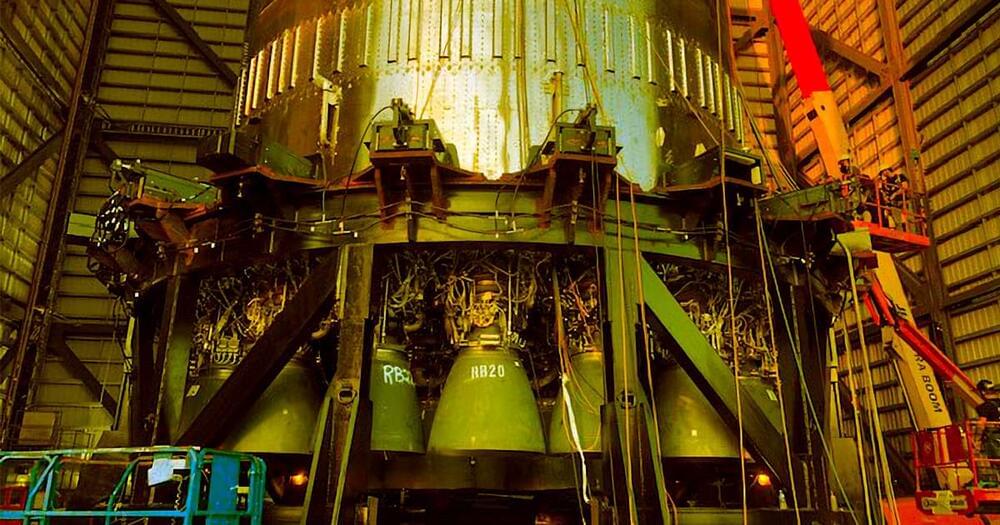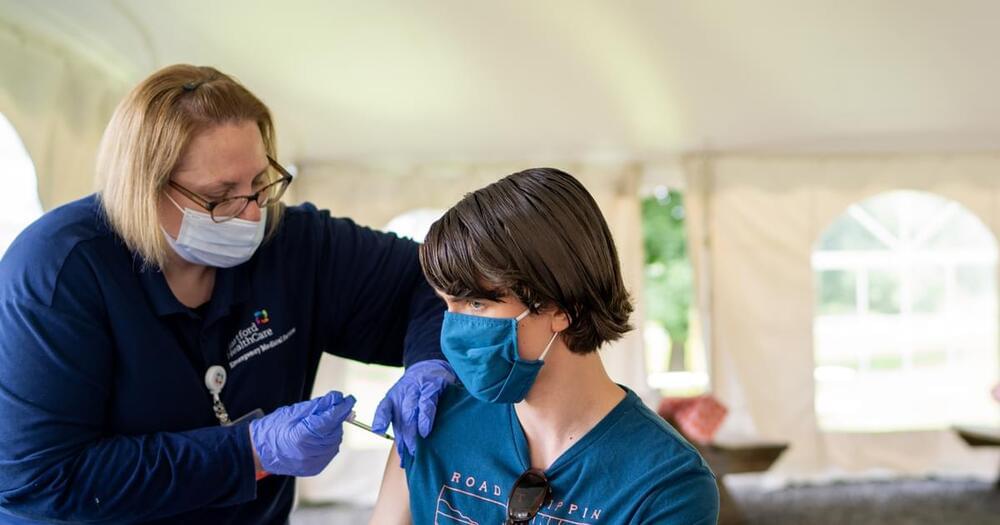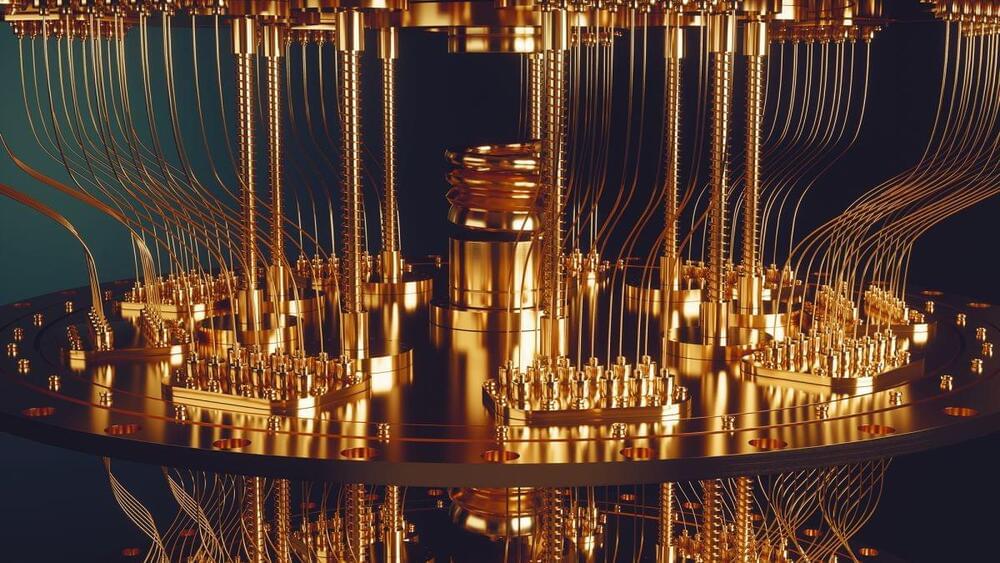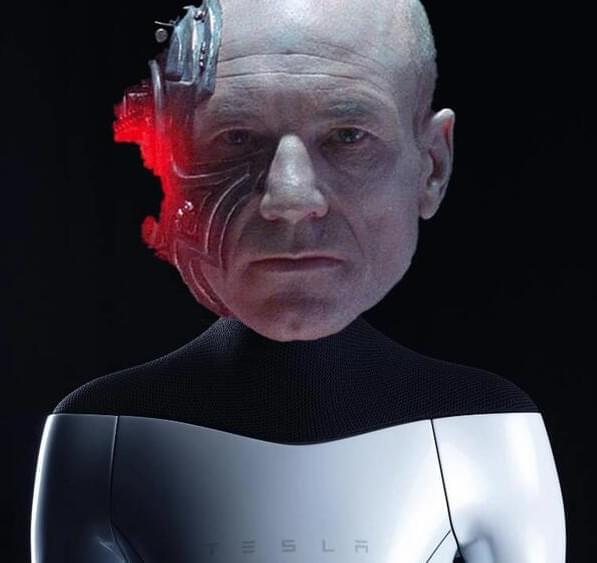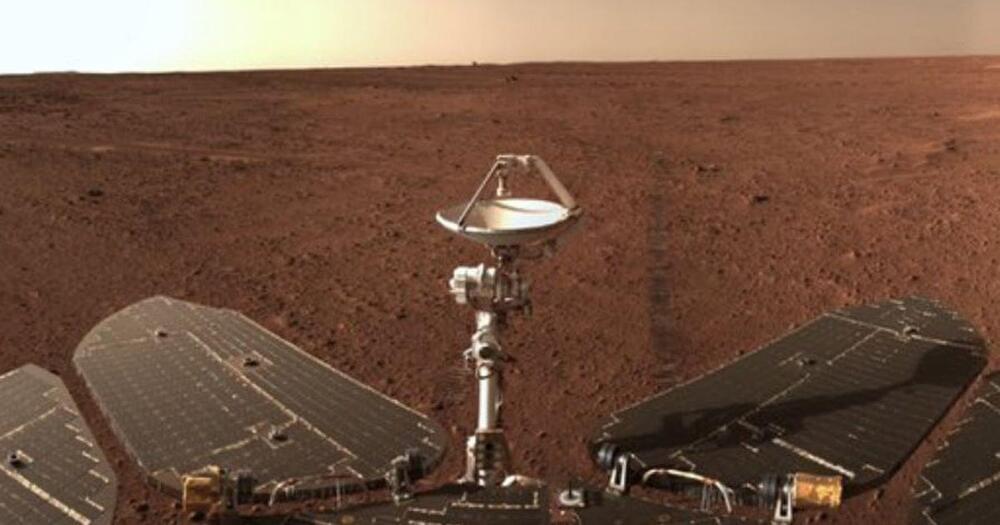A team of researchers from Australia, Canada and the U.S. has found that female octopuses sometimes throw silt at males who are attempting to mate with them. The group has written a paper describing their observations and has posted it on the bioRxiv preprint server.
Back in 2,015 members of the research team recorded instances of octopuses throwing things at other octopuses. At the time, it was not clear if the other octopuses were being intentionally targeted or if it was accidental. To find out, they went back to the same site in Jervis Bay, off the coast of Australia, a site where large numbers of Sydney octopuses live.
In making more recordings and studying them carefully, the researchers were able to see that the female octopuses engaged in multiple types of object-throwing. In most instances, throwing material such as silt or even shells was simply a means of moving material that was in the way or when building a nest. Less often, they saw what were clearly attempts by females to hurl material at a nearby male—usually, one trying to mate with her.
